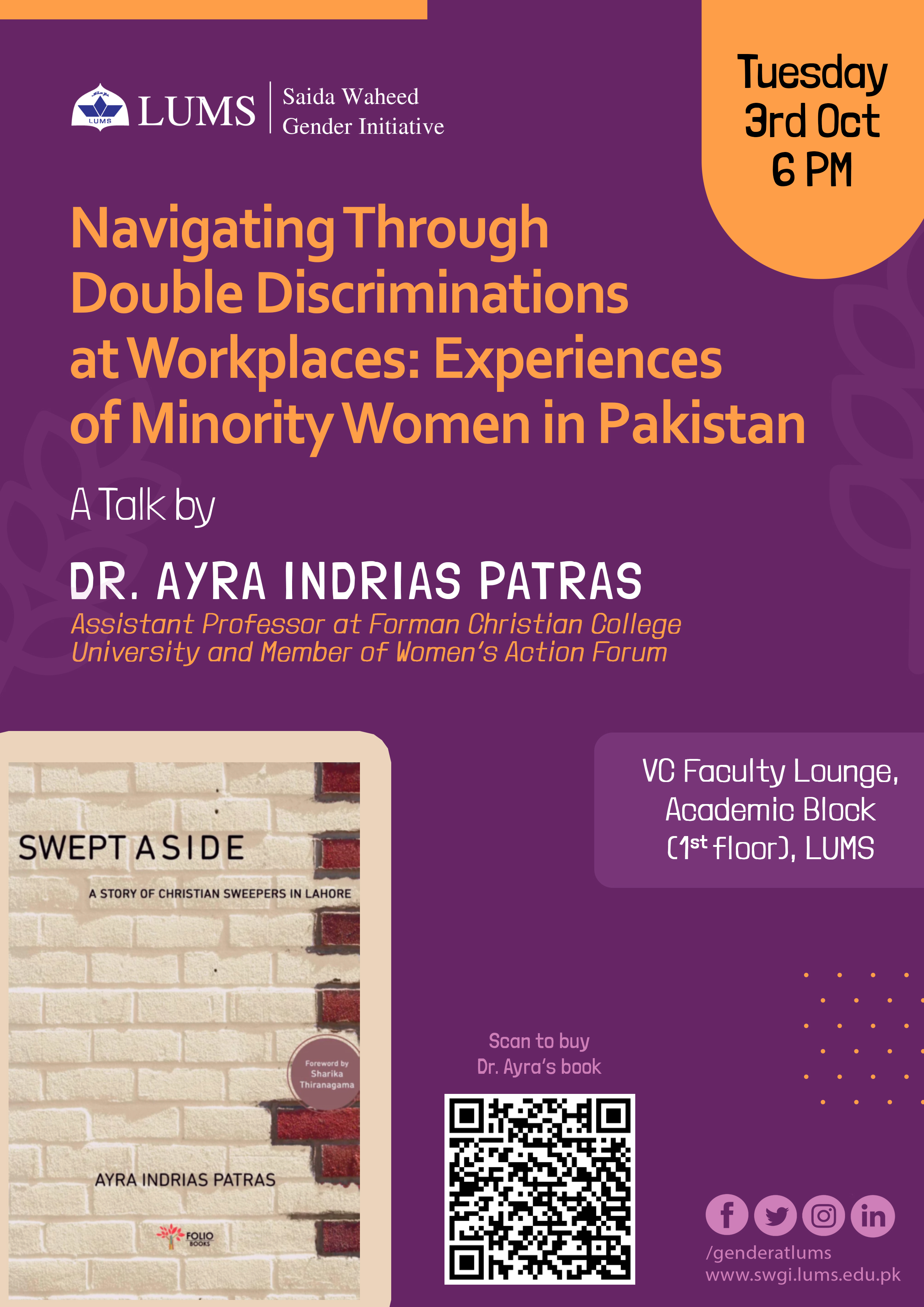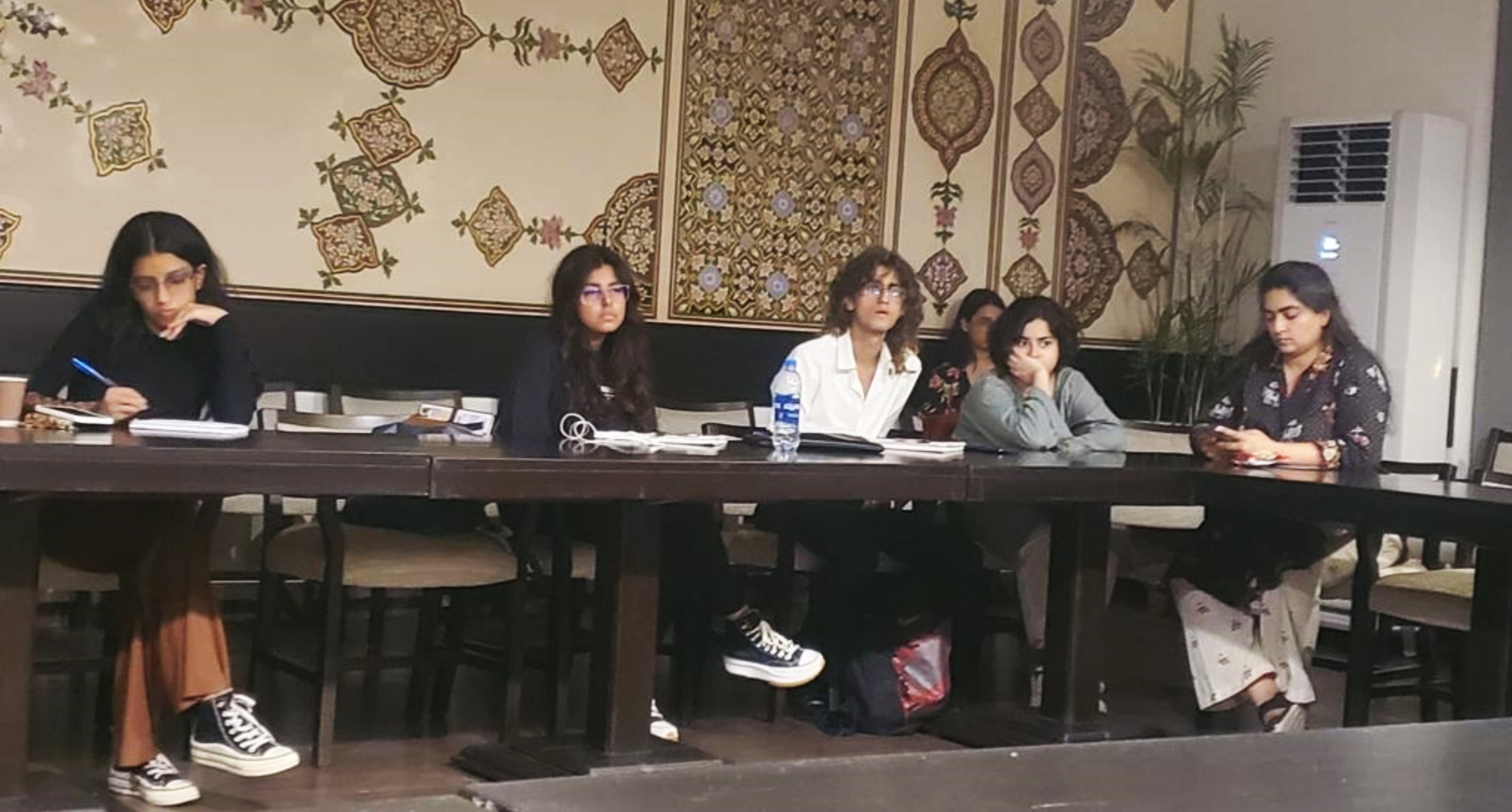Over the last two decades, there has been an increasing interest in measuring the impact of religion in the workplaces and exploring the integration of faith and work (Miller, Ewest, & Neubert, 2018). In Pakistan, religion is a determining element and marks strong implications on the socio-cultural and political aspects of the society. Although, the issue of the sexual harassment in the workplace has gained much attention, which also culminated in the introduction of law on sexual harassment in 2010. However, scant attention is accorded to investigate the impact of other identities such as religion or ethnicity in the workplace. Pakistan does not have any law that specifically prohibits religious discrimination in the workplace.
Drawing insights from the experiences of Christian minority women working in mid-level and senior positions in the organizational hierarchy, the study has highlighted the prevalence of religious and gender discrimination in the workplace. Therefore, the present study argues that the intersection of disadvantaged identities such as gender and minority religion entail double discrimination causing mental stress as well as lowering the performance of employees in the workplaces. Study findings assert that the non-inclusion of religious and gender diversity policies in organizations act as an impediment towards promoting healthy working environment, mutual respect and interfaith acceptance among employees and between the employer and the employees. Social inequalities stemming from differences based on class, caste, gender, coupled with minority status further compound, complicate and constrain the process of inclusion and cohesiveness and further shape deprivation, discrimination and is disadvantageous for the members of religious minority community in Pakistan.

